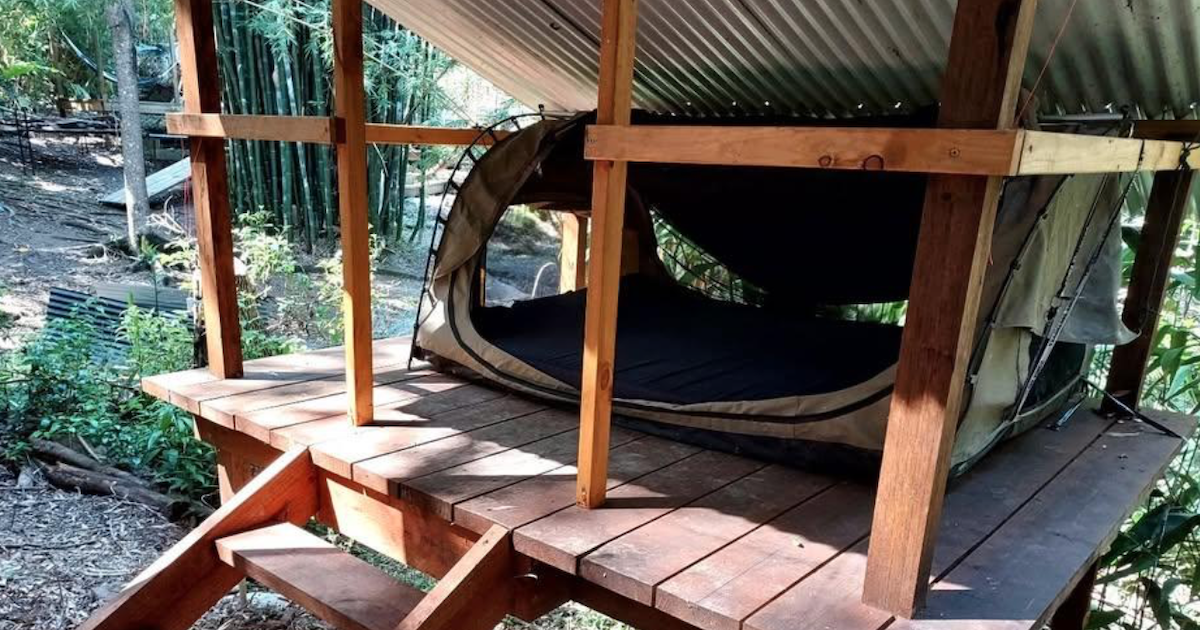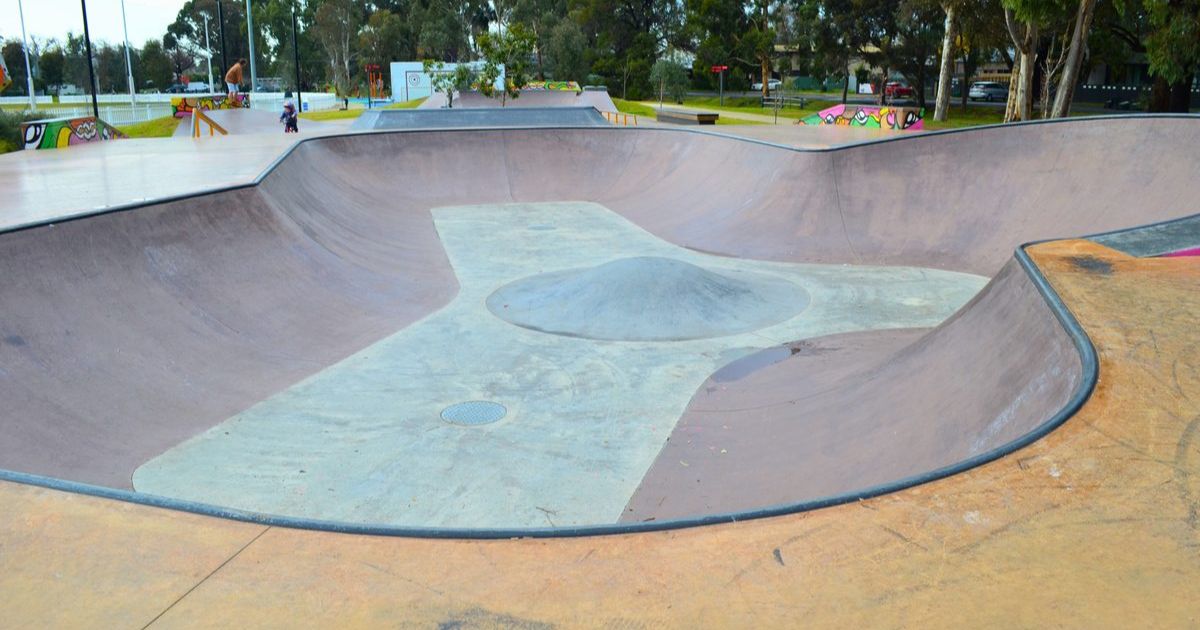Heathcote in the 1910s

Anzacs: Tooborac soldier Mark Donaldson was stationed at Gallipoli in late 1915 when he wrote a poem that was published in the McIvor Times. Photo: STATE LIBRARY OF VICTORIA
TECHNOLOGY marked the decade, both locally and on a worldwide scale.
In 1910 a young local engineer built and flew the first Australian-made aeroplane near Mia Mia and in 1912 electricity brought the city’s bright lights to Heathcote.
But grumbling European conflicts tipped over into full-scale war by the end of 1914, and patriotic fever spread like wildfire across the district.
Young men signed up to fight on the battlefields of Turkey and France, many never to return.
Closer to home, Heathcote residents banded together to support the war effort and the British Empire.
First flight
ONLY seven years after the Wright brothers first successful flight in America in 1903, John Robertson Duigan built and flew the first Australian-made aeroplane on his parents’ property at Spring Plains, near Mia Mia, on 16 July 1910
The McIvor Times took the story from another paper, the Leader, but was unable to reproduce the photograph that accompanied it.
Published Thursday 6 October 1910
AN AUSTRALIAN-MADE AEROPLANE.
THE “Leader” of last week gives a photograph of Mr Duigan’s aeroplane in flight, and says:-The first Australian built aeroplane to fly has been made by Mr JR Duigan, of Spring Plains, Mia Mia.
The whole of the work, except the engine and propeller, were made by Mr Duigan. A trial took place on Spring Plain Station, and for a first attempt was very successful.
The machine is about 35 feet long, and about 25 feet wide, and is driven by an engine of 25 horsepower.
The machine rose much higher than the photograph shows. Mr Duigan is an electrical engineer, and finished his studies at Finsbury College, London.

Let there be light
IN February 1912, after several years of council bickering, the McIvor Shire asked its town voters if they wanted the High Street to have electric lighting.
The referendum gave an overwhelming nod to the proposal with 120 votes in favour and only six against.
Events then moved rapidly with a tender to build an electric power plant approved in November and works completed by the following September.
Unfortunately, the plant did not have the capacity to meet a rapidly expanding market and a slew of customer complaints started within a few years of its opening.
It limped on under local ownership until it was taken over by the State Electricity Commission in the 1950s.
But the excitement of the first night of electric lighting in the town is palpable in this extract from the McIvor Times.
Published 25 September 1913
The Electric Light.
A BRILLIANT SUCCESS.
EVERYONE WELL PLEASED.
ON Monday night when the light was switched on to the street lamps for a second or two many persons got a surprise, and some householders endeavoured to get a light in their homes, but the button would not act, as the current had not been put on.
On Tuesday, however, electric light was all the talk, and many became apprised of the fact that the street lamps would shine forth in all their brilliancy that night, also that the indoor lights would be available.
Therefore shortly after 7pm it was not to be wondered at that a constant stream of visitors made their way to the power house and awaited results.
Shortly before 8 o’clock the street lamps were switched on, and this had the effect of bringing many more to the power house to witness the working of the machinery and to watch the progress of events.
A number of the business people took advantage of this, the first opportunity of lighting up with electricity, and there was no disputing as to the marked advantage over the old kerosene lighting nor even the better light than kerosene-acetylene.
Mr JJ Farley’s Union stores at the north end of the street shone out most conspicuously on Tuesday night, and his windows were equally as well lighted as any shop window in the metropolis.
Miss Farley (Union Hotel), Mr EJS Moses (Shamrock Hotel), Mrs Etheridge (Lake Hotel), Mr KT Galbraith (chemist), Mr Parker and Mrs Murrphy (fruit shops), Mr Newson (tobacconist and hairdresser), Mr EP Hood (tailor), Messrs. B Hanson and TH Stephenson (butchers), F Debney (baker), and C Turner (saddler) all seized the opportunity for testing the light.
In addition to these almost every person who has the light installed availed themselves of its effectiveness, and it is exceedingly satisfactory to be able to record that not a single fault was found, but rather that all were more than highly satisfied with the results.

The Great War
THE McIvor Times had been reporting Germany’s growing military strength for several years by the time the First World War began in August 1914.
Its pages were rapidly filled with accounts of farewells as many young men enlisted to fight overseas.
At home, local men and women banded together to provide clothing and other items for soldiers.
And as the war progressed letters, and in some cases poems, from the battlefields were published.
Published 10 September 1914
COSTERFIELD SOLDIERS’ FAREWELL.
(FROM A CORRESPONDENT.)
A SEND-off arranged for the local volunteers, Messrs Stanley Dare and Roy Gardner, took place on Friday 4th.
The boys were given a rousing reception, and were each presented with a medical outfit, by the residents of Costerfield.
Mr J Doyle, in presenting Mr Dare with his outfit, remarked that they had all gathered together to give them a hearty send off, and he expressed the wish that should the soldiers be spared to come back again they would give them a hearty welcome home.
It is a fine thing to see that in Australia we have men who are prepared to shoulder a rifle in defence of the motherland, and he admired the feeling of confidence that there is in England at the present.
He said that the boys who were going were good citizens, and although they were losing them for the present he was sure they would give a good account of themselves when at the front; and he would see that their positions were kept open for them when they returned.
He also asked them to bear in mind Lord Kitchener’s advice, and not forget that they would have with them the finest soldiers in the world, and they would feel it an honor [sic] to be fighting with the brave allies and for the noble Belgians, whose name would go down in history as the bravest of the brave; also to fear God and honor [sic] the King.
Published 28 January 1915
SOLDIERS COMFORTS
THE Ladies’ patriotic committee met at the Shire Hall on Tuesday evening, there being a good attendance.
During the summer months the sewing meetings are held every alternate Tuesday evening, at which meetings work is given out and that which is finished is returned.
A letter was read from Mr Stowe, secretary men’s patriotic committee, enclosing a cheque for £23 19/11, the amount allotted by them from moneys collected.
The cheque was regarded by the ladies as a very great help in purchasing materials, as their funds have become exhausted.
One lady has made, on an average, a pair of socks a week since the sewing meetings commenced, and has also contributed regularly at the rate of 1/- per week. Another lady has completed eight pairs of socks since the beginning of new year.
There is a quantity of work cut out ready (shirts, belts, etc.) and wool is available, and anyone wishing to help the cause may have same on application at the shire hall or from the committee.
Published 23 December, 1915
THE following has been received by Mrs. Donaldson (Tooborac) from her son Mark, and was written in the trenches:
A SOLDIER’S THOUGHT.
A light horse lad from a forest town
To pass the time, his thoughts put down,
While round him buzz the hungry flies,
In a narrow trench the soldier lies;
The Turkish troops not far away,
With deadly aim intent to slay.
Their bullets made the sand-bags fly,
While at every Turkish head we try.
Here life to us is but a span,
But then it’s sure he dies a man;
Even as I write these lines
I’m passing equipment down the lines,
The boys who wore it did their bit,
And now they’re in the honored pit.
To realize what warfare is,
One has to see the boys at bizz;
But may kind mercy spare your eyes,
For men go down like corn by scythes;
With thoughts like these upon one’s mind
It takes us back to where they’re kind–
Where peace and plenty hold full sway,
No shrapnel whizzing all the day.
No none of us, to you can tell,
If we’ll come home safe and well;
You read the news, Advance, Retreat,
And pray that Turkey may be beat ;
Every lad in his courageous heart,
Altho’ he does his manly part,
Prays to his Maker day by day,
That peace may come, and come to stay.
Australia sure has made a name,
The boys as soldiers play the game.
Reinforcements for the troops arrive,
And like true Britons, they all strive;
It’s liberty and right they back,
And for ever flies the UNION JACK.

















